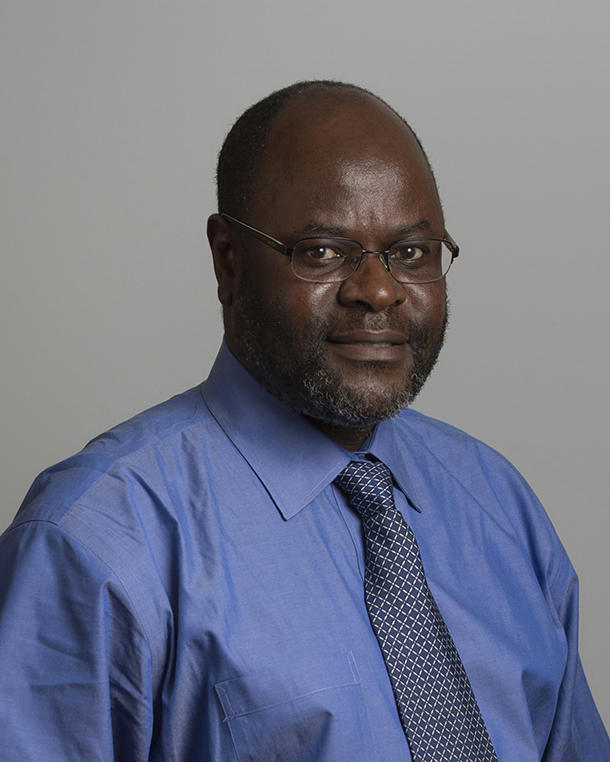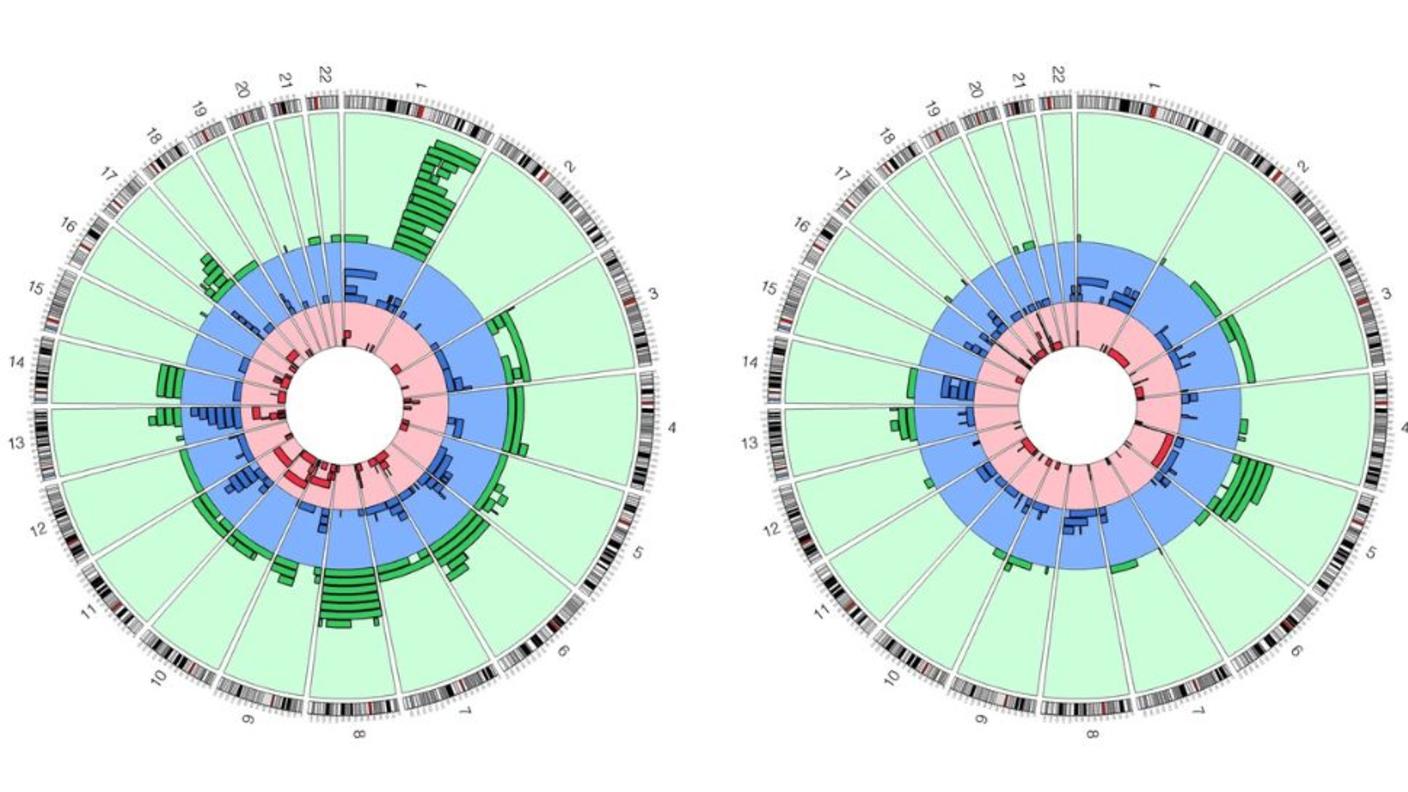
Sam Mbulaiteye, MBChB, M.Phil., M.Med.
NCI Shady Grove | Room 6E118
Biography
Dr. Mbulaiteye is a senior investigator in the Infections and Immunoepidemiology Branch (IIB). He investigates the etiology of Burkitt lymphoma (BL), a cancer that occurs worldwide but has its highest incidence recorded in populations of sub-Saharan Africa.
Dr. Mbulaiteye received physician training at Makerere University, Kampala (1990) with advanced training in epidemiology and biostatistics (M.Phil.) from the University of Cambridge, U.K. (1994), and specialist training in internal medicine (M.Med.) from Makerere University (1996). His early research focused on measuring the impact of HIV on cancer in patients at the Uganda Cancer Institute (1994-1997) and investigating population trends of HIV in a general population in rural southwest Uganda while at the Uganda Virus Research Institute/ U.K. Medical Research Council HIV program. Dr. Mbulaiteye joined IIB in December 2000 to focus his work on KS and BL as a research fellow and was awarded NIH scientific tenure and appointed senior investigator in 2013. In 2022, he was named Scientist of the Year by the Lymphoma Foundation of America. In 2025, he received the DCEG Outstanding Mentor Award.
Dr. Mbulaiteye is an active member of the NIH and NCI community and has served on various search and technical committees. He is currently a member of DCEG Genotyping Review Committee. He is the Co-Editor-in-Chief, Infectious Agents and Cancer, Editorial Board Member for AIDS, International Journal of Cancer, and Frontiers in Cancer Epidemiology and Prevention. He is a member of the African Organization for Research and Training in Cancer (AORTIC), the Darwin College Society, the Cambridge Commonwealth Trust, and the World Federation of Scientists. Dr. Mbulaiteye is a Founding Member of the Burkitt Lymphoma Network.
Dr. Mbulaiteye has been invited to organize scientific sessions about Burkitt lymphoma at the last four biennial meetings held by AORTIC (Cairo 2011, Durban 2013, Marrakech 2015, and Kigali 2017). In 2021, he was invited by IARC/WHO to assist in the revision of the Burkitt Lymphoma chapter in the WHO Classification of Tumours, 5th edition - Haematolymphoid Tumours.
Research Interests
Burkitt Lymphoma (BL)
A major focus of Dr. Mbulaiteye’s research is to characterize the epidemiology of Burkitt lymphoma (BL). In western countries, where BL occurs sporadically, Dr. Mbulaiteye uses registry-based datasets to investigate age-specific incidence rates for BL and adduce evidence for disease heterogeneity. The results from these studies suggest that the etiology of sporadic BL may vary with age. In sub-Saharan Africa, where BL is the most common childhood tumor, Dr. Mbulaiteye seeks to quantify the association between BL and serological or molecular markers of current or past malarial infection (parasite prevalence, load, and complexity of parasite genotypes, antibody arrays), and/or Epstein-Barr virus (EBV) infection measured by antibody arrays or EBV sequence variants. In addition, Dr. Mbulaiteye is investigating the role of metabolites to identify nutritional or geographical co-factors associated with BL risk.
To achieve these goals, Dr. Mbulaiteye implemented the only multi-country case-control study of BL called the Epidemiology of Burkitt Lymphoma in East-African Children and Minors (EMBLEM) in six rural regions in Uganda, Tanzania, and Kenya. This study enabled Dr. Mbulaiteye to collect new high-quality data and annotated biological samples (blood, saliva, and tumor) from BL patients to investigate the etiology of BL. The primary scientific goals addressed by EMBLEM include: a) molecular characterization of African BL cases in the context of BL occurring outside Africa to determine whether BL is better defined by clinical epidemiological labels (e.g., endemic versus sporadic) or biological factors (e.g., EBV); and b) to investigate the link of BL with (i) malaria using malaria resistance loci, serological profiles, and molecular markers of complexity of infection; (ii) EBV using antibody arrays and EBV sequenced genetic variants; and (iii) germline variants using genome-wide association study (GWAS) and exome sequencing methods.
HIV/AIDS and Cancer
Dr. Mbulaiteye was the first to use record-linkage methods to investigate the association between HIV and cancer in a low- and middle-income country (LMIC) with his study conducted in Uganda in 2005. He has since extended these methods to Nigeria and India. Dr. Mbulaiteye continues to support and advise other investigators who wish to use these methods to generate new data about the impact of HIV and cancer in LMICs.
Information for Journalists
To request an interview with a DCEG investigator, please complete this form: Request For Comment | HHS.gov.

